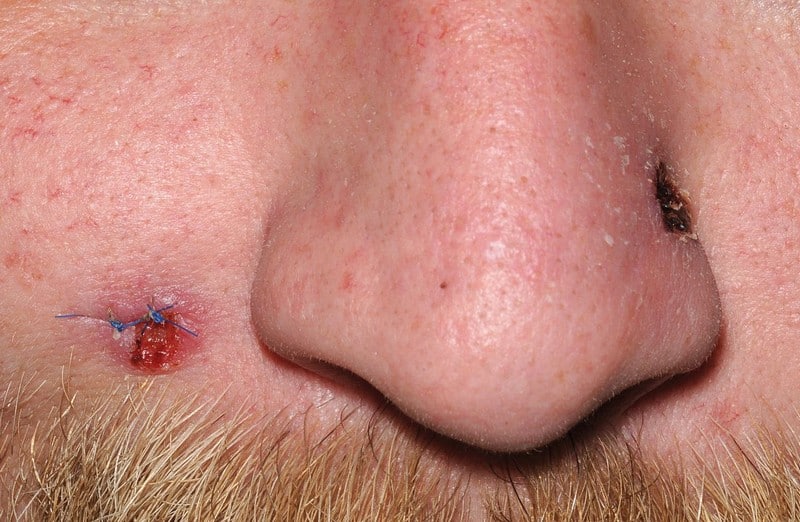Infections Such as Syphilis or Brucellosis

Syphilis is a sexually transmitted infection (STI) that can result in long-term health complications if left untreated. Syphilis is caused by Treponema pallidum, a bacterium that is usually spread through sexual contact with an infected individual. Syphilis can also be passed from the mother to her baby during pregnancy.
Symptoms of syphilis typically appear 2 to 3 weeks after exposure but can take up to 3 months to develop. Symptoms of syphilis include a sore or rash on the genitals, anus, or mouth. Other symptoms may include fever, muscle aches, fatigue, and weight loss. If untreated, syphilis can damage the brain, heart, and other organs.
Brucellosis is another infection that can cause liver damage. Brucellosis is caused by Brucella bacteria, which are found in infected animals. The infection is usually spread to humans through contact with infected animal products, such as unpasteurized milk or cheese. Symptoms of brucellosis can include fever, sweats, muscle aches, and fatigue. In some cases, the infection can also lead to liver cirrhosis.










